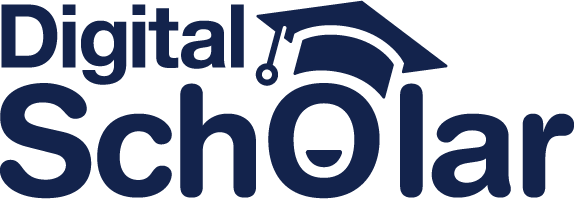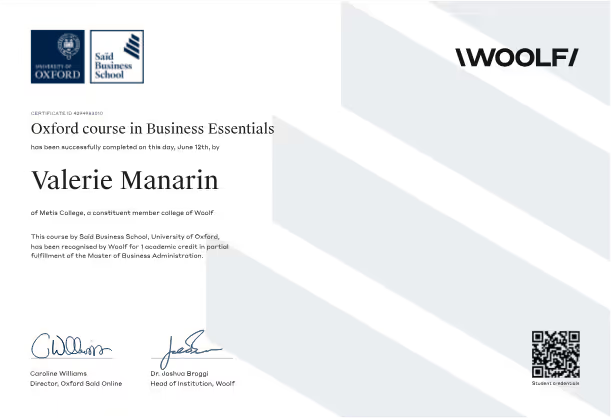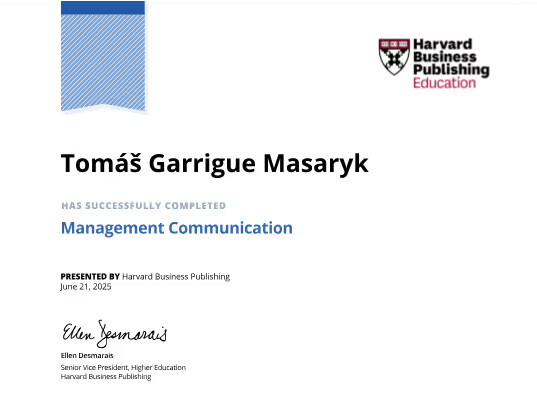+13,000 Students
Earn an international degree while

.avif)
800+
Faculty members
50+
Major degree programs offered
50+
Countries where our degrees are recognized
30+
Colleges
World-class academic partnerships
With online courses from Oxford Saïd Business School & Harvard Business Impact


Unlock top-tier online courses created by global experts.
Elevate your academic and professional journey with Oxford and Harvard certificates and academic credits towards your Woolf degree.
Programme options that work for you

Supporting your degree mobility
Where will your degree take you?
Woolf degrees align with major international qualification frameworks, ensuring global recognition and comparability. Earn your degree in the most widely recognized accreditation system in the world.
Our European accreditation provides a robust foundation for global credential recognition, ensuring degrees are widely respected and transferable.

Learning that transforms lives
See what our students are achieving with Woolf
"My Woolf degree significantly enhanced my career trajectory by providing me with specialised knowledge in the emerging field of data science and machine learning, and expanded my professional network. Every class was a memorable moment for me."
"GCAS college at Woolf has offered me a venue to explore my ideas with like-minded individuals, whose aspirations to expand their (and others) horizons, finding new ideas and thoughts to assist our fellow human beings to be more efficient, kinder, and smarter."
"The program at Woolf gave me the language to articulate what I had been intuitively practicing for years. It sharpened my strategic thinking and reinforced my belief that art can be a tool for social transformation."
















.avif)


